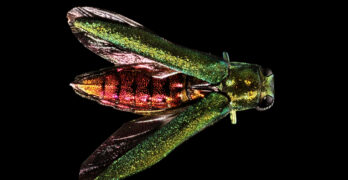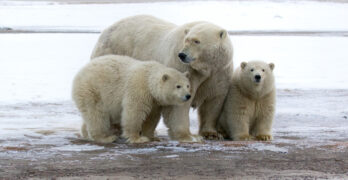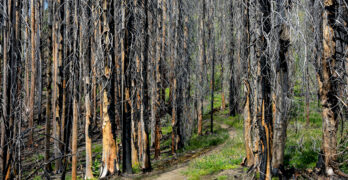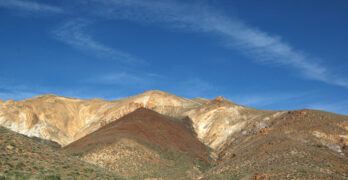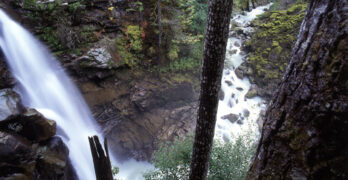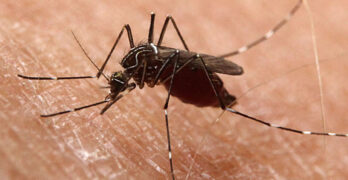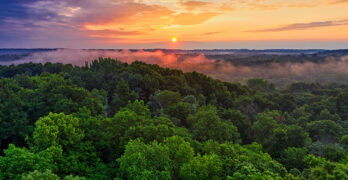In a growing number of U.S. states, residents have been dealing with a different kind of quarantine that began back in the early 2000’s and continues on today.
What’s the environmental impact of throwing away all the single-use PPE
There’s no question about it: all the disposable Personal Protective Equipment (PPE) in our waste stream is taking a toll on the environment.
What on Earth is “plant blindness?
Botanists James Wandersee and Elizabeth Schussler coined the term “plant blindness” in 1998 to describe …
Will Trump open Arctic National Wildlife Refuge to oil drilling before 1st term
he debate over whether to open up the most ecologically sensitive part—the so-called 1002 area, or coastal plain—of the Arctic National Wildlife Refuge (ANWR) to oil drilling has raged for decades.
Aren’t the forest fires actually beneficial to the environment?
I am sickened by all the death, destruction and misery resulting from the West Coast wildfires, but aren’t these blazes actually beneficial to the environment?
Can waste left over from mining operations be used to absorb carbon dioxide?
Yes, mining wastes (“tailings”) could indeed be part of the solution to our climate woes. And here is how.
Is it true that being around a waterfall makes you feel good?
The notion of waterfalls making you happy is often viewed as an “old wives’ tale,” but there may be some truth to it given the so-called “negative ions” pervasive in such environments.
Is DEET natural and safe and which formulations and concentrations are advised?
Many of us are concerned about the safety of DEET for our health and the environment. According to the non-profit Environmental Working Group (EWG), exposure …
The battle to stop or slow deforestation, especially where forests store so much of the world’s biodiversity
While deforestation is an issue everywhere, it is particularly problematic in the tropics where the majority of the world’s biodiversity lives. Another leading conservation group.
Are avocados bad for the environment, increase carbon footprint?
Avocado’s environmental impacts come from the “energy, water, fertilizer and pesticides required to grow them, the resources used for packaging materials and more.
- « Previous Page
- 1
- …
- 25
- 26
- 27
- 28
- 29
- …
- 33
- Next Page »
